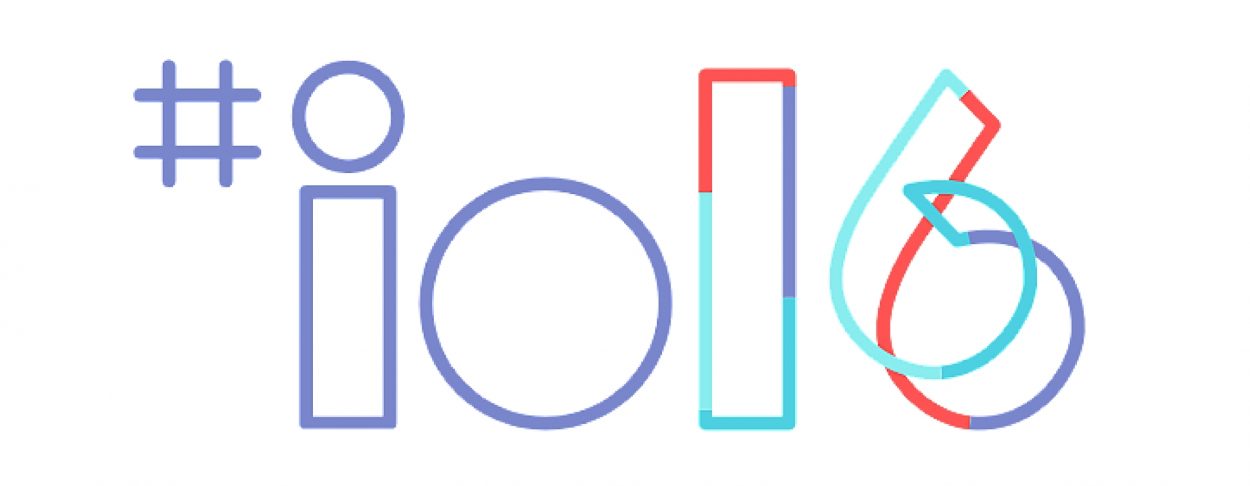Google I/O 2016: 8 Top Announcements
May 23, 2016
May 23, 2016

Google’s annual I/O conference kicked off on Wednesday morning with the keynote launch event; and the announcements that were made are about to make the way we communicate a whole lot friendlier.
Here are the 8 top highlights of the keynote that Action Digital thinks you need to know about.
The first major announcement of the day was the unveiling of Google Assistant, a new chattier and more intelligent next-generation personal AI, that allows users to ask questions verbally much in the same way that they would speak to a human. And the Google Assistant advancements don’t stop there; Google’s CEO, Sundar Pichai then went on to show off some of the assistant’s smarter abilities including the capacity to answer more contextual questions such as “How is my team doing?” without specifying the name of the team.
Google Assistant will be the technology behind the new home assistant – Google Home – another major reveal of the keynote. Similar to Amazon’s Echo, the device uses built-in microphones and speakers to answer questions and carry out tasks and commands; however, Google’s version has access to the corporation’s extensive knowledge graph and can therefore answer questions which would be difficult for other assistants to handle, as well as Google’s more sophisticated voice recognition aptitude and can also be used with multiple devices in multiple rooms. Amongst its many features, the small cylindrical device lets you play music using Chromecasts; controls room temperature or lighting; makes restaurant reservations; sets alarms and messages your contacts for you.
Google Assistant is also built into the core of Google’s new messaging app Allo allowing users of the new mobile-only messaging app to access information and automatically generate replies to messages. The app lets you have a conversation with Google, using the Assistant technology to find and book a table at a restaurant. The Assistant intelligence also pops up during conversations with contacts, suggesting possible personalised responses based – scarily accurately – on what, and how, you usually write. The usual conversation features are all still there including stickers and emoji, but now font size can also be controlled and all messages are encrypted.
Although it has yet to be given an official name, the new smarter, faster Android operating system currently being given the moniker Android N has a whole host of improvements and enhancements including split-screen multitasking, upgraded graphics, quick settings buttons, more control over the size of the notifications, a new picture-in-picture mode and a range of new emojis.
Coming into the market this summer as a major competitor for FaceTime, Google’s new exclusive one-to-one, video-only chatting app Duo was another important announcement made at the Keynote. The mobile-only app will be linked to your mobile number and is available on both Android and iOS; but perhaps the most innovative new aspect of the app will be the “Knock Knock” feature which allows the person you are calling to see a live real-time video preview of you BEFORE they answer the call.
One of the announcements which really had the audience impressed was the Android Instant Apps initiative which allows users to load and access parts of an app without needing to actually install it. This new innovation is designed for faster and more simplified mobile internet use; instead of downloading an app that you are only going to use once, you can have instant access to the features which will then disappear from your device once you’ve finished using them. And great news for developers, according to Google, existing apps can easily be modularised for the programme in only a day.
Introducing Android Wear 2.0 – a vastly upgraded version of the product that was first released in 2014 with changes set to dramatically alter the user experience. Perhaps the most significant alteration to the wearable technology is the increases autonomy of the smartwatch allowing it to function without a smartphone. This independence will be further enhanced with improved third-party app syncing and automatic exercise recognition. The watch even has a keyboard and can show data from any app on any watch face.
Further expanding into the world of Virtual Reality, Google announced Daydream – a mobile virtual reality platform built on top of Android N. Set to be rolled out in Autumn, the all-in-one experience will bring movies, games and apps into a specially designed VR headset. Google have already built VR versions or some of their most popular apps such as YouTube, Street View, the Google Play Store, Play Movies, and Google Photos for Daydream, with huge corporations such as Netflix, HBO and The New York Times developing for the new platform as well. Daydream will only be available on new phones with special screens and sensors which will be launched by companies such as Samsung, LG, Huawei and HTC this Autumn.